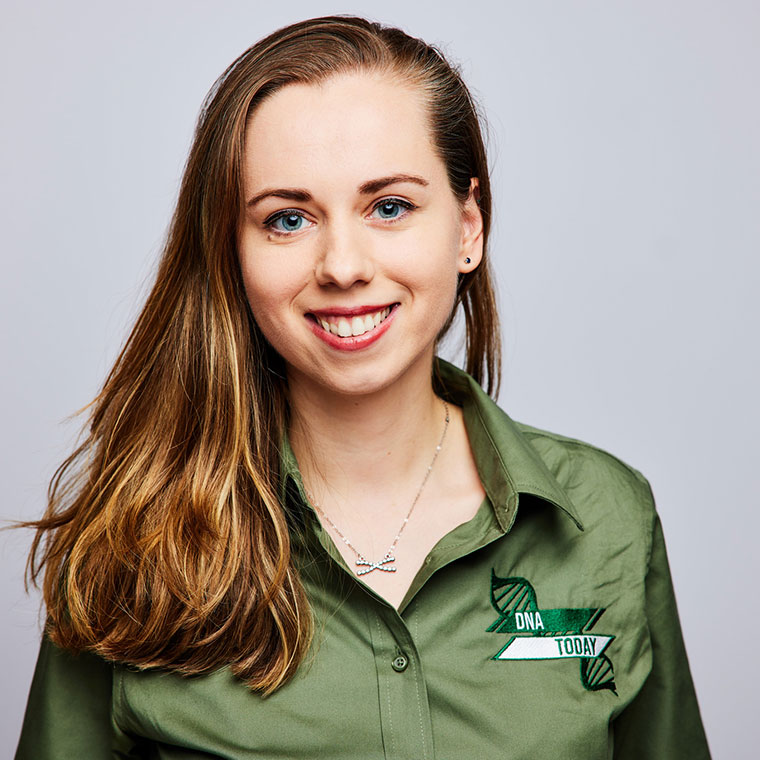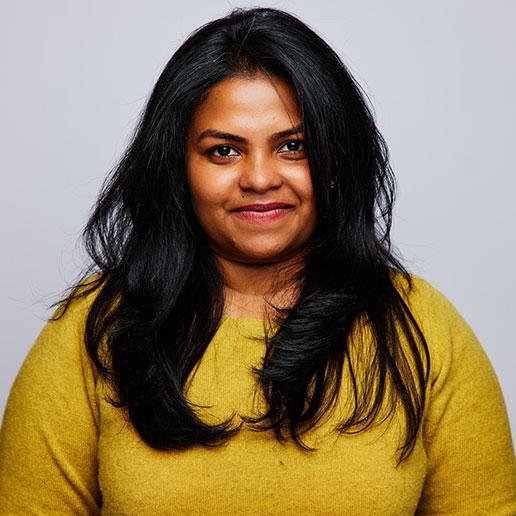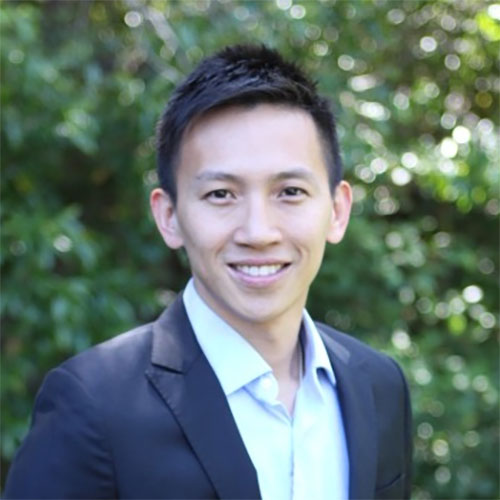
Kira Dineen, MS ’20
Fieldwork Sites: Greenwich Hospital | Western Connecticut Health Network | Stamford Health | Weill Cornell Medicine
Past Roles: Prenatal Genetic Counselor, Maternal Fetal Care | Communications Lead, My Gene Counsel
Current Role: Host & Producer of DNA Today

Monisha Sebatin, MS ’18
Masters’ Thesis: Role of Genetic Counselors in Prenatal Zika Care - Co-Authored with Emily Goldberg MS ‘18 and Erica Poole MS ‘18
Fieldwork Sites: New York-Presbyterian/Weill Cornell | Northwell Health | Brooklyn Hospital | Queens Hospital | Mediscan
Past Roles: GC1, Montefiore Medical Center
Current Role: Senior Genetic Counselor, the Children’s Hospital at Montefiore

Kenny Wong, MS ’07
Masters’ Thesis: De Novo BRCA1/2 Mutation
Fieldwork Sites: Genzyme Genetics, Memorial Sloan Kettering Cancer Center, St. Luke’s Hospital/Roosevelt Hospital
Past Roles: VP of Products, GenomeSmart (acquired by Ambry Genetics) | Senior Product Director, Expanded Carrier Screening (acquired by Myriad Genetics)
Current Role: Chief Product Officer, xCures and National Society of Genetic Counselors’ Genetic Technology Expert